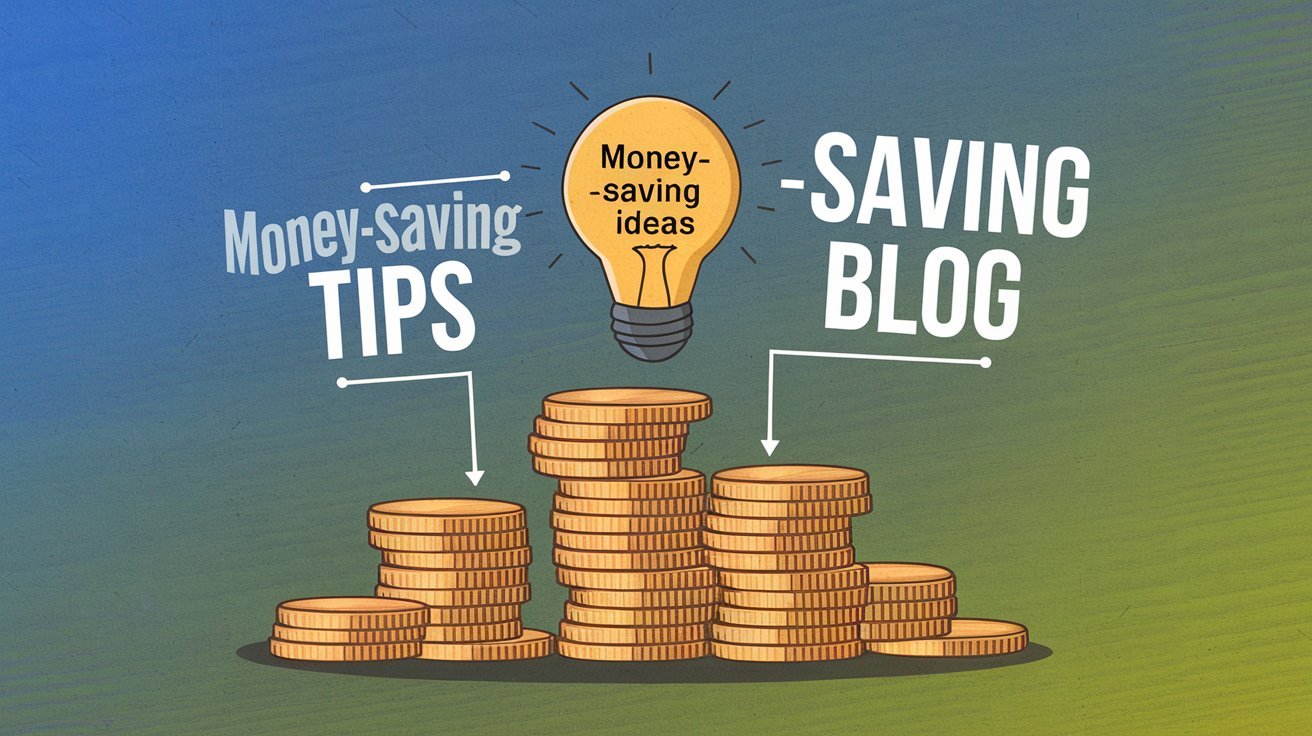In today’s challenging economic landscape, mastering the art of saving money has become more crucial than ever. Here are ten innovative and practical money-saving strategies to help you build financial security and prosperity in 2025.
1. Embrace the Digital Envelope System
Master Your Budget with Modern Technology
Gone are the days of physical cash envelopes. Use digital budgeting apps like YNAB or EveryDollar to allocate specific amounts for different spending categories. This modern approach to the traditional envelope system helps you stick to your budget while leveraging technology for better tracking and accountability.
2. Optimize Your Subscription Services
Audit and Streamline Your Digital Life
Take inventory of all your subscriptions – streaming services, apps, gym memberships, and other recurring charges. Use subscription management apps to track and cancel unused services. Consider rotating streaming services seasonally instead of maintaining multiple subscriptions year-round.
3. Leverage Artificial Intelligence for Smart Shopping
Let Technology Find the Best Deals
Utilize AI-powered shopping assistants and price comparison tools to ensure you’re getting the best deals. Apps like Honey, Capital One Shopping, or PriceGrabber can automatically find and apply coupon codes and alert you to price drops on items you’re tracking.
4. Adopt the “24-Hour Rule” for Purchases
Combat Impulse Spending
Before making any non-essential purchase over $50, wait 24 hours. This cooling-off period helps distinguish between genuine needs and impulse desires, potentially saving hundreds or thousands annually on unnecessary purchases.
5. Maximize Cashback and Rewards Programs
Stack Your Savings Strategically
Combine credit card rewards with store loyalty programs and cashback apps like Rakuten or Ibotta. Create a strategy to maximize points and cashback on everyday purchases, but remember to pay off credit card balances in full to avoid interest charges.
6. Implement Energy-Efficient Home Updates
Reduce Your Environmental Impact and Bills
Invest in smart thermostats, LED lighting, and energy-efficient appliances. While there might be upfront costs, the long-term savings on utility bills can be substantial. Many utility companies offer rebates or incentives for energy-efficient upgrades.
7. Master Meal Planning and Smart Grocery Shopping
Transform Your Food Budget
Use meal planning apps to optimize your grocery shopping and reduce food waste. Buy in bulk when it makes sense, take advantage of store loyalty programs, and consider grocery delivery services that might actually save money by reducing impulse purchases.
8. Explore the Sharing Economy
Access Over Ownership
Instead of buying rarely-used items, explore rental options or sharing services. From tools to party supplies, many items can be rented or borrowed. Join local buy-nothing groups and lending libraries to access resources without the full cost of ownership.
9. Automate Your Savings Strategy
Pay Yourself First with Smart Technology
Set up automatic transfers to different savings goals immediately after payday. Use round-up features on your bank accounts or apps like Acorns to invest spare change. Consider micro-investing apps to make your savings work harder for you.
10. Negotiate Everything
Don’t Accept the First Price
From insurance rates to cable bills, most services have negotiable prices. Use price comparison tools and research competitor offers to leverage better deals. Set calendar reminders to review and negotiate rates annually.
Making It Work: Implementation Tips
- Start small and gradually implement these strategies
- Track your progress using budgeting apps or spreadsheets
- Celebrate milestones and saving achievements
- Adjust strategies based on what works best for your lifestyle
- Share tips and experiences with friends and family to stay motivated
Conclusion: Building a Financially Secure Future
Successfully implementing these money-saving hacks requires commitment and consistency, but the long-term benefits are worth the effort. Remember that saving money isn’t about deprivation – it’s about making smarter choices that align with your financial goals and values. By incorporating these strategies into your daily life, you’re not just saving money; you’re investing in your financial freedom and security.
Start with the hacks that resonate most with your lifestyle and gradually incorporate others as you build momentum. The key to success is finding a sustainable balance between saving money and maintaining a satisfying quality of life. As you progress through 2025, regularly review and adjust your strategies to ensure they continue serving your financial objectives effectively.

